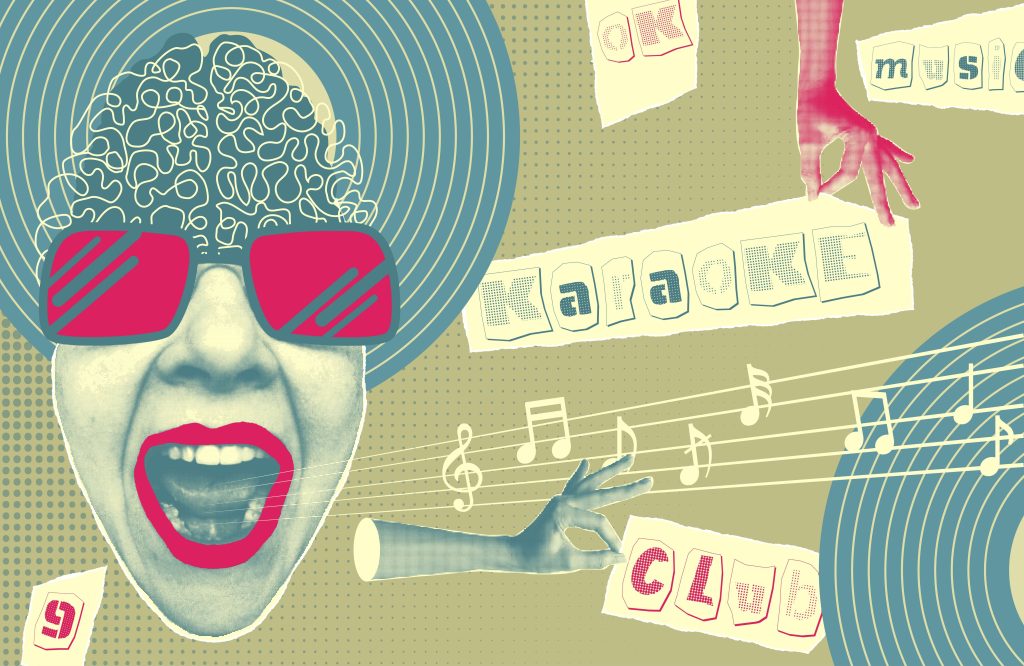The moment a song drifts through the airwaves, something stirs inside us. A single note, a familiar melody, and suddenly we are back in a moment we thought we had forgotten. Music is a time machine, carrying us through memories, distorting them, sharpening them, and making them more vivid than they ever were. It’s no wonder that music is often used in fiction to build atmosphere, reveal character, and even serve as a ghost of the past.
Music as a Key to Memory
Science tells us that music and memory are deeply linked. The brain processes music in the same regions that store emotions and memories, which is why a song from ten years ago can still make your chest tighten with feelings you don’t quite understand. Studies show that music can awaken lost memories in Alzheimer’s patients, bringing clarity where words fail. It’s as if melodies act as a secret code, unlocking doors in the mind that had long since been shut.
But music doesn’t just help us recall memories—it shapes how we remember them. A sad song played during a breakup might turn the moment into something cinematic in hindsight, while an upbeat track from a road trip might make that entire summer glow with golden light in your mind. Our memories are not just stored; they are edited, rearranged, and colored by the music that plays in the background.
The Soundtrack of Nostalgia
We all have that one song that brings the past crashing back. Maybe it’s the song that was playing when you first fell in love, or the one that looped endlessly on a long bus ride home, the lyrics wrapping around you like a second skin. Nostalgia is a powerful thing, and music is its most effective trigger.
In my book, Morals in the Margin, music threads itself through the narrative, serving as more than just background noise. It anchors the characters to moments they can’t escape, tying them to places and people they’re either running from or chasing after. Nolan, for instance, finds solace in the static hum of an old cassette player, the crackling notes of a song from another time acting like a tether to something he’s lost. For him, and for many of us, music is both a comfort and a curse—it reminds us of who we were, even when we’d rather forget.
Music as a Storytelling Device
Great storytellers understand that music isn’t just decoration—it’s part of the narrative itself. Think of the films that wouldn’t be the same without their soundtracks, the books that mention a song, and suddenly, you can hear it playing in your own head. Music fills in the spaces between words, creating emotional shorthand for what a character is feeling. In fiction, a well-placed song can tell us more about a character’s state of mind than paragraphs of exposition ever could.
Just like in life, music in storytelling is memory made tangible. It takes us places, reveals unspoken emotions, and lingers long after the final note hAas played. Because when the music stops, the silence is never empty—it’s filled with echoes of everything it left behind.
If you’ve ever felt a song transport you to another time, you’ll recognize the weight of every note in this book. Music isn’t just a detail—it’s a character of its own, shaping destinies and unraveling secrets along the way.

